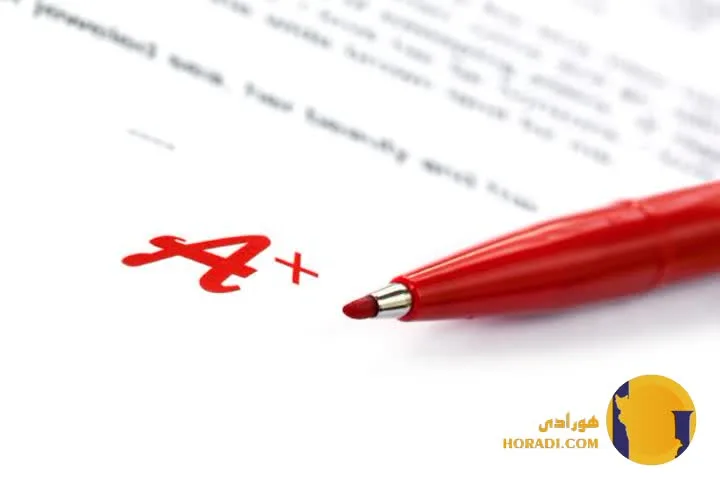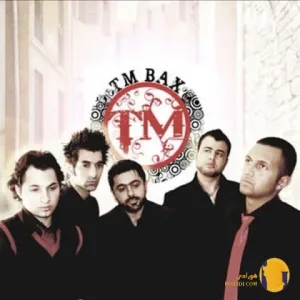
How to Write an Essay That Gets an A+
Before writing a single word, read your prompt or assignment guidelines carefully. Make sure you know the required topic, length, format (APA, MLA, Chicago), and deadline. Misunderstanding the task is one of the main reasons students lose points. If anything is unclear, ask your instructor before you begin.How to Write an Essay That Gets an A+
Choose a Strong, Focused Topic
A winning essay often starts with a topic that’s neither too broad nor too narrow. If your subject is too general, your paper will lack depth. If it’s too specific, you may struggle to find enough research material. Strike a balance—something specific enough to explore deeply but broad enough to find credible sources.
Conduct Thorough Research
Use reputable academic sources such as peer-reviewed journals, books, and official reports. Avoid over-relying on random websites or unverified information. Take organized notes and highlight key quotes, facts, and statistics that directly support your thesis. Keep track of all sources for your bibliography.
Develop a Clear Thesis Statement
Your thesis is the heart of your essay. It should express your main argument in one or two sentences and guide the reader through your paper. A strong thesis is specific, debatable, and backed by evidence you’ll present in the body paragraphs.
Create a Detailed Outline
An outline is your essay’s blueprint. It helps you organize your thoughts logically and ensures that each point flows naturally into the next. At a minimum, your outline should include
- Introduction (hook + thesis)
- Body paragraphs (topic sentence + evidence + analysis)
- Conclusion (summary + final insight)
Write an Engaging Introduction
Start with a hook—this could be a surprising fact, a thought-provoking question, or a brief anecdote. Then, provide a little background on the topic before introducing your thesis. Your introduction should set the tone and give the reader a reason to keep reading.
Build Strong Body Paragraphs
Each body paragraph should begin with a topic sentence that ties back to your thesis. Follow this with supporting evidence such as quotes, examples, or data. Then, explain how this evidence supports your argument. Avoid dropping quotes without explanation—your analysis is what earns points.
Use Transitions for Flow
Smooth transitions between sentences and paragraphs make your essay easy to follow. Use words and phrases like “however,” “in addition,” “for example,” and “as a result” to guide the reader through your argument.
Write a Memorable Conclusion
Your conclusion should do more than restate your thesis—it should summarize your key points and leave the reader with a final thought, insight, or call to action. Avoid introducing brand-new information here.
Edit for Clarity and Precision
Good essays are clear, concise, and free of fluff. Cut out redundant words, vague statements, and overly complicated sentences. Aim for precise language and strong verbs that keep your writing engaging.
Proofread for Grammar and Spelling
Small mistakes can distract from great ideas. Use tools like Grammarly or spell check, but also read your essay aloud to catch awkward phrasing or errors that software might miss.
Follow Formatting Guidelines Exactly
Instructors often deduct points for incorrect formatting. Double-check margins, font size, line spacing, page numbering, and citation style before submission.
Seek Feedback Before Submitting
If possible, have a friend, classmate, or tutor review your essay. A fresh set of eyes can spot mistakes or unclear sections that you might overlook.
Manage Your Time Well
Start early to avoid last-minute rushing. Break the writing process into steps—research, outline, first draft, revisions—and assign deadlines for each stage.
Practice Makes Perfect
The more essays you write, the better you’ll get. Over time, you’ll develop a natural rhythm for researching, organizing, and articulating your ideas clearly.
Understand Your Audience
Knowing who will read your essay can influence how you write it. For a professor, focus on academic tone and strong evidence. For a more general audience, keep the language simple and avoid too much jargon. Adjusting your tone, word choice, and examples to your audience’s expectations can make your essay far more effective.
Use Active Voice Over Passive Voice
Active voice makes your writing stronger and more direct. Instead of writing, “The essay was written by the student,” say, “The student wrote the essay.” Active voice keeps your sentences clear and avoids unnecessary complexity.
Balance Evidence and Analysis
Simply including quotes and data isn’t enough. An A+ essay shows the writer’s own critical thinking. After presenting evidence, explain why it matters, how it supports your thesis, and what its broader implications are.
Avoid Plagiarism at All Costs
Always credit your sources, even if you’re just paraphrasing their ideas. Plagiarism—intentional or accidental—can lead to a failing grade or academic penalties. Use plagiarism checkers to ensure originality before submission.
Read High-Scoring Essays for Inspiration
Look at top-graded essays in your subject area. Study how they structure arguments, introduce evidence, and transition between points. This can help you model your own writing on proven techniques without copying.
Keep Sentences and Paragraphs Varied
Vary sentence length to keep the reader engaged—too many short sentences feel choppy, and too many long ones can be tiring. Likewise, balance paragraph size; avoid overly long blocks of text, but don’t make every paragraph only one or two sentences either.
Incorporate Counterarguments
A strong essay anticipates opposing viewpoints. Briefly mention a counterargument, then explain why your position still holds. This demonstrates critical thinking and strengthens your case.
Stay Focused on Your Thesis
It’s easy to drift into unrelated points when writing. Every sentence should connect to your main argument. If it doesn’t, cut it. Staying on track keeps your essay cohesive and persuasive.
Use Specific Examples
General statements feel weaker than specific, concrete examples. Instead of writing, “Many people believe climate change is important,” say, “A 2024 Pew Research survey found that 72% of Americans see climate change as a major threat.”
Read Your Essay Backwards When Proofreading
Reading your essay from the last sentence to the first can help you catch spelling, grammar, and punctuation errors more effectively. It forces you to focus on each sentence individually instead of reading for meaning.
Keep Improving Your Vocabulary Naturally
An advanced vocabulary can help, but avoid using complex words just to sound “smart.” Only use words you fully understand and that fit naturally into your essay’s tone.
Use Formatting to Highlight Key Points
In some assignments (if allowed), you can use bold or italics sparingly to emphasize important terms or concepts. Proper formatting helps guide the reader’s attention.
Stay Calm and Confident During Writing
Writing anxiety can block creativity. Break your work into smaller steps and remind yourself that perfection isn’t required in the first draft—it can always be improved in editing.









































